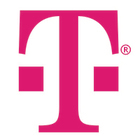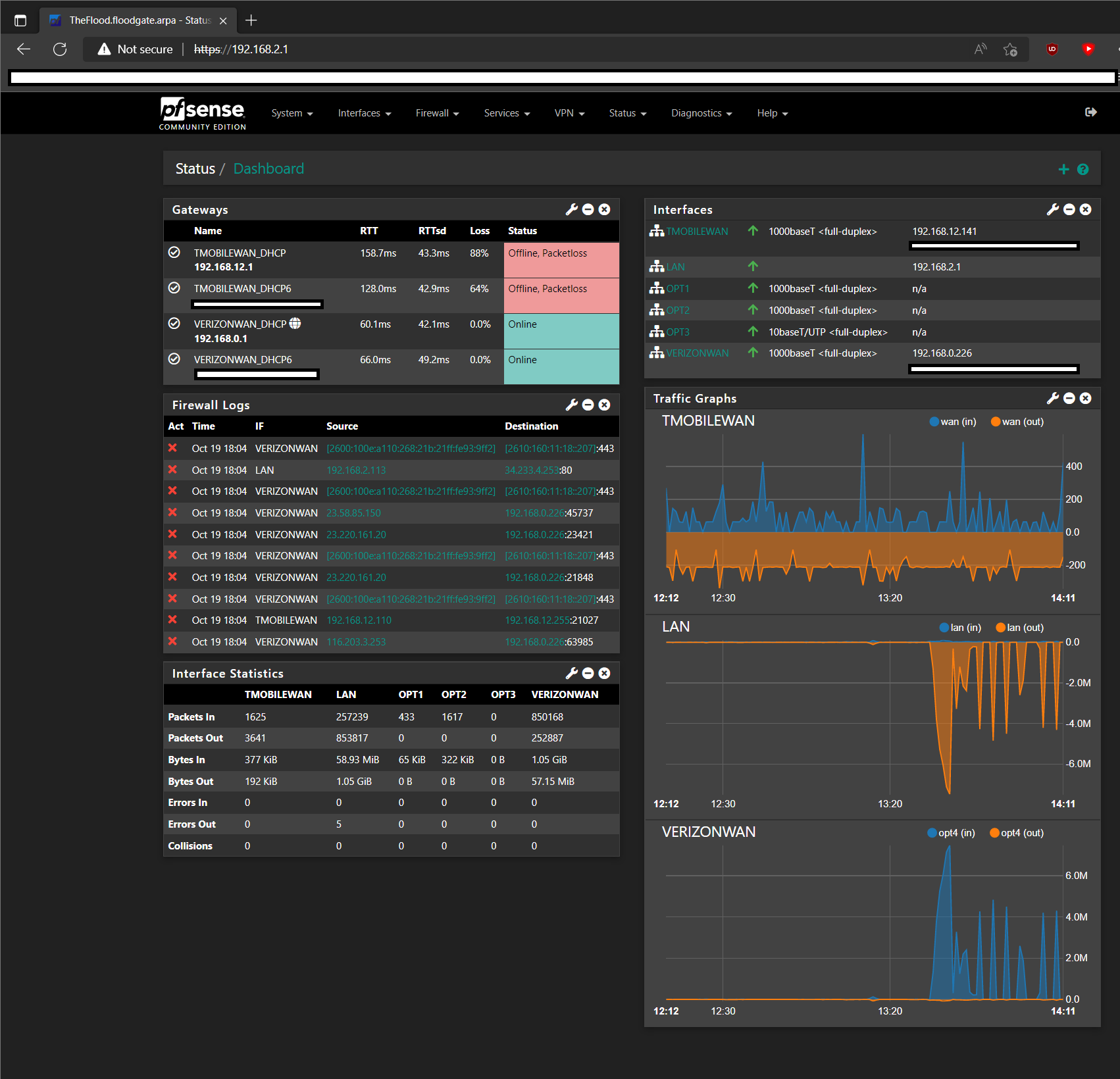Before yesterday (10/17/2022), I’ve always had a command prompt window (MS Windows) up running a constant ping at 3 second interval - so I can tell when the network starts to degrade or just stops responding (which has become very frequent in the last few months).
As of yesterday morning, both ping and tracert commands consistently fail. As in no longer any response. So it appears the ports used for those commands are now being blocked on the 5g network?
I have a 5g phone on Tmobile, and I see the same result. On 5g with hotspot turned on, with computer connected, ping and tracert fail 100%. If I force the phone to use LTE and stay off 5g, ping and tracert start working again. Don’t really understand why Tmobile would block such a basic network analysis command.
This is in downtown Scottsdale AZ. As a sidenote, service on the 5g network degrades consistently every day after about 8am, and usually is consistently bad all weekend long. Works great before 8am most days.






